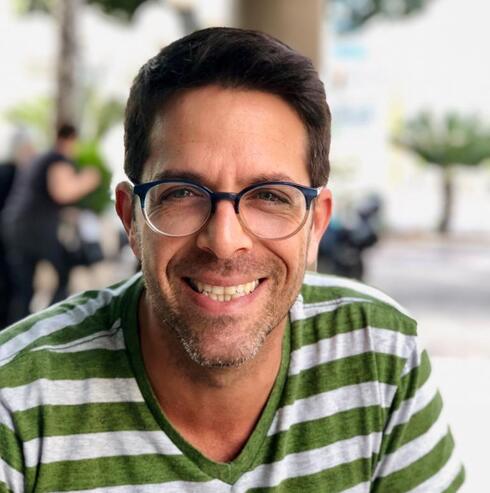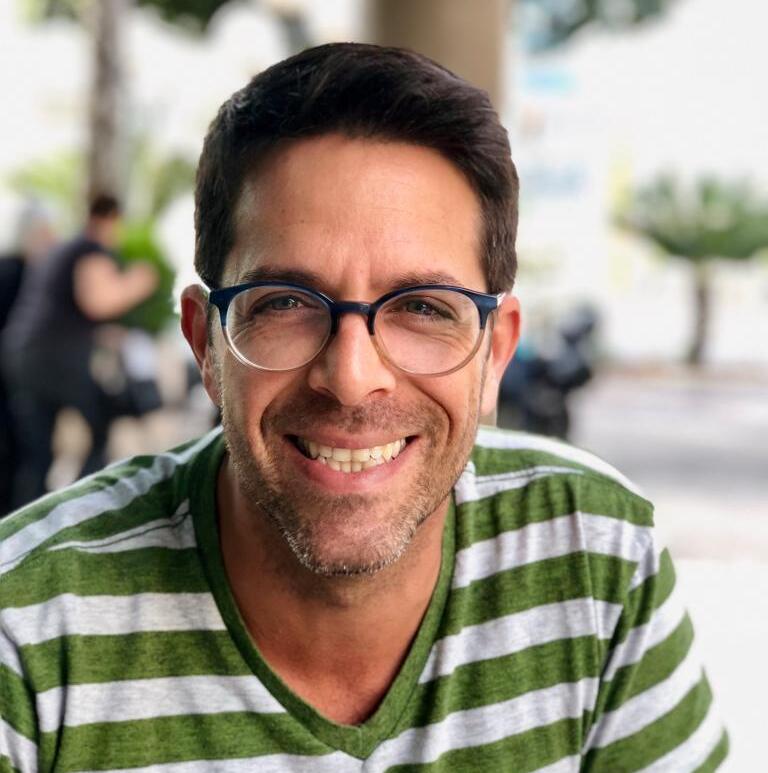
Opinion
Children’s health and startups – The biggest missed opportunity in Israeli health-tech
“There is significant untapped potential for Israeli startups who want to address gaps in children’s care. Unfortunately, this potential has not been realized, and there is additional infrastructure work that needs to be done to realize this potential, as well as entire aspects of care that have been overlooked,” writes Yoav Fisher, Head of Technological Innovation and Digital Health at HealthIL
The Israeli health-tech scene continues to flourish, with new founders building solutions to address the most pressing global challenges in healthcare, but there is one area that is sadly overlooked: Children.
This article will highlight some of the key findings from a deep-dive analysis of Israeli startups who are building solutions to affect children, and how to maximize the potential of the Israeli healthcare system to do more.
Defining the space:
It is important to properly define the space, as children’s health typically involves multiple stakeholders, including parents.
For this study's purposes, we are looking only at software-enabled products and services where a child is the one receiving the intervention for care. In many situations this will involve parental involvement, which is to be expected.
More importantly, we want to focus on all of childhood, from birth through age 18.
This means we exclude any startups related to pregnancy, fertility, or when a parent is the primary recipient of the care intervention.
Finally, there are many startups that affect clinical situations that may be relevant also to children, but we want to isolate those startups that cater only to children.
Startup insights: Challenges facing children and assessment
Since 2010 there have been 44 individual startups that have emerged in Israel focused on children’s health.
Of those 16 startups are confirmed to be inactive, and there are another seven that are possibly inactive as well. In other words, over a third of the startups have officially closed.
The formation of new startups has been inconsistent, especially in recent years.
From 2014 – 2019 there was consistent creation of new startups, about 5 per year, but since then there have been three years of no new startups (2020, 2022, 2023) and one year of seven new startups.
This is notably different from other subsectors, like mental health or elderly care, that have shown continuous formation of new startups, even in down markets.
Importantly, there are no Israeli startups who are addressing Mental Health for early adolescence and teens. This is unfortunate, as adolescent mental health is a major challenge that will be increasingly more acute in the coming decade. There are several established and emerging startups from the US and Europe who are building solutions to address this looming crisis. Brightline, Little Otter, Daybreak, and Joon are just some examples of startups addressing this challenge. Kanjo and BrightLobe are interesting emerging examples from Europe.
It is also interesting to note the number of startups building developmental solutions for early childhood and childhood. Almost every one of these startups is focused on either ADHD, Autism, or speech pathology.
When comparing to leading startups in the U.S. and Europe, there is a difference in the types of products being developed in Israel. Israeli startups tend to be narrower in scope, looking to address a specific clinical indication or a specific aspect of care. This is not to say that Israeli startups are less viable, but it does reflect the general tendency of Israeli health-tech startups and is a result of how the Israeli healthcare systems supports startups. It is a characteristic of Israeli health-teach that appears across all areas of care.
The leading U.S. startups have also built business models to match how the U.S. healthcare system works. Brightline, which raised over $200M, built their product around employer insurance, which covers most working-age adults. Employers offer plans to employees that typically include coverage for children of employees, and Brightline integrates with these plan offerings. Daybreak, which has raised $25M, has a unique model that incorporates schools and generates revenue both from insurance claims and contracts with school districts.
Israeli startups need to be particularly cognizant of how healthcare systems work with regards to children.
Funding insights:
Of the 44 startups, 19 successfully raised capital, at $193M in disclosed funding. Of this, one raised capital on the public market through an early listing.
Two startups (including the publicly traded one), account for over $134M of capital, or roughly 70% of all capital raised.
When benchmarked to other sectors in health-tech, we can see that Children’s health is arguably the sector that has received the least funding support according to publicly disclosed data.
The children’s health sector has one of the lowest funding rates per startup and one of the highest ratios of unfunded-to-funded startups.
In addition, the children’s health sector is significantly reliant on crowd-funding sources, and only three startups have raised from traditional Israeli investors. Only one has raised from a traditional health-tech investor.
Maximizing the potential of the Israeli healthcare system
Children’s health is arguably the biggest missed opportunity for startups, as the Israeli healthcare system offers unique benefits that could help build solutions to the global challenges affecting children’s health.
- Significant emphasis on pediatrics
The Israeli healthcare system places significant importance on General Practice and Pediatrics (what is commonly known in Israel as your “family doctor”). Checkups for children are frequent, with multiple touch points, including regular assessments of vision and dental. This offers a significant amount of data points from birth through adulthood.
- Universal access and wide demographic base
As Israel is a nationalized Regulated Market System, every child has access to the same basket of services. In addition, Israel has a noticeably wide demographic distribution, across multiple ethnicities and religions. This creates a universal baseline that can be relevant for solutions looking to address health equity for children.
- Unique data sets
Israel has unique data sets regarding children that are barely being utilized. For example, “Tipat Halav”. Tipat Halav (“a drop of milk”) is a national system of community health centers specifically for newborns and toddlers that offer routine development and growth checkups, vaccinations, and hearing/vision/communication testing. Tipat Halav has touched literally every single child born in Israel since 1948, with an untapped trove of potentially relevant data. This data was finally made accessible to the broader Israeli healthcare system in 2017, but the potential has yet to be maximized.
- Care continuum
Ultimately, the biggest potential of the Israeli healthcare system is in care continuum. Digitized data exists on every child in Israel going back thirty years, which creates a robust dataset across the entire span of childhood. Imaging the possibility of incorporating monthly growth data, along with vaccination data, along with full panel genomics, pediatrics, and even environmental data...
Getting to this point does require some work on infrastructure, aggregating disparate digitized data silos into one, cleaning and scrubbing, and increasing accessibility to the data, but the potential is there, and it is largely untapped.
Summary
There is significant untapped potential for Israeli startups who want to address gaps in children’s care. Unfortunately, this potential has not been realized, and there is additional infrastructure work that needs to be done to realize this potential, as well as entire aspects of care that have been overlooked.
Considering the data aspects of the Israeli healthcare system, Israeli startups in the space should explore working with leading incumbents like Brightline, Little Otter, or DayBreak. Israeli startups can use the Israeli healthcare system for clinical validation for additional features, while the incumbents can offer business model acumen and proven market access.
From the investor perspective, children’s health is an area that has not received noticeable financial support. For investors to lean into this area, founders need to build solutions that are more robust, with a deeper understanding of how to integrate into international healthcare systems, particularly in the U.S.
Hopefully in the coming years we will see new startups who are properly tapping into the Israeli healthcare system to build unique solutions that will address the key challenges facing children in the coming decade.
Yoav Fisher is the Head of Technological Innovation and Digital Health at HealthIL and an early-stage health-tech investor at ANOVA Ventures














